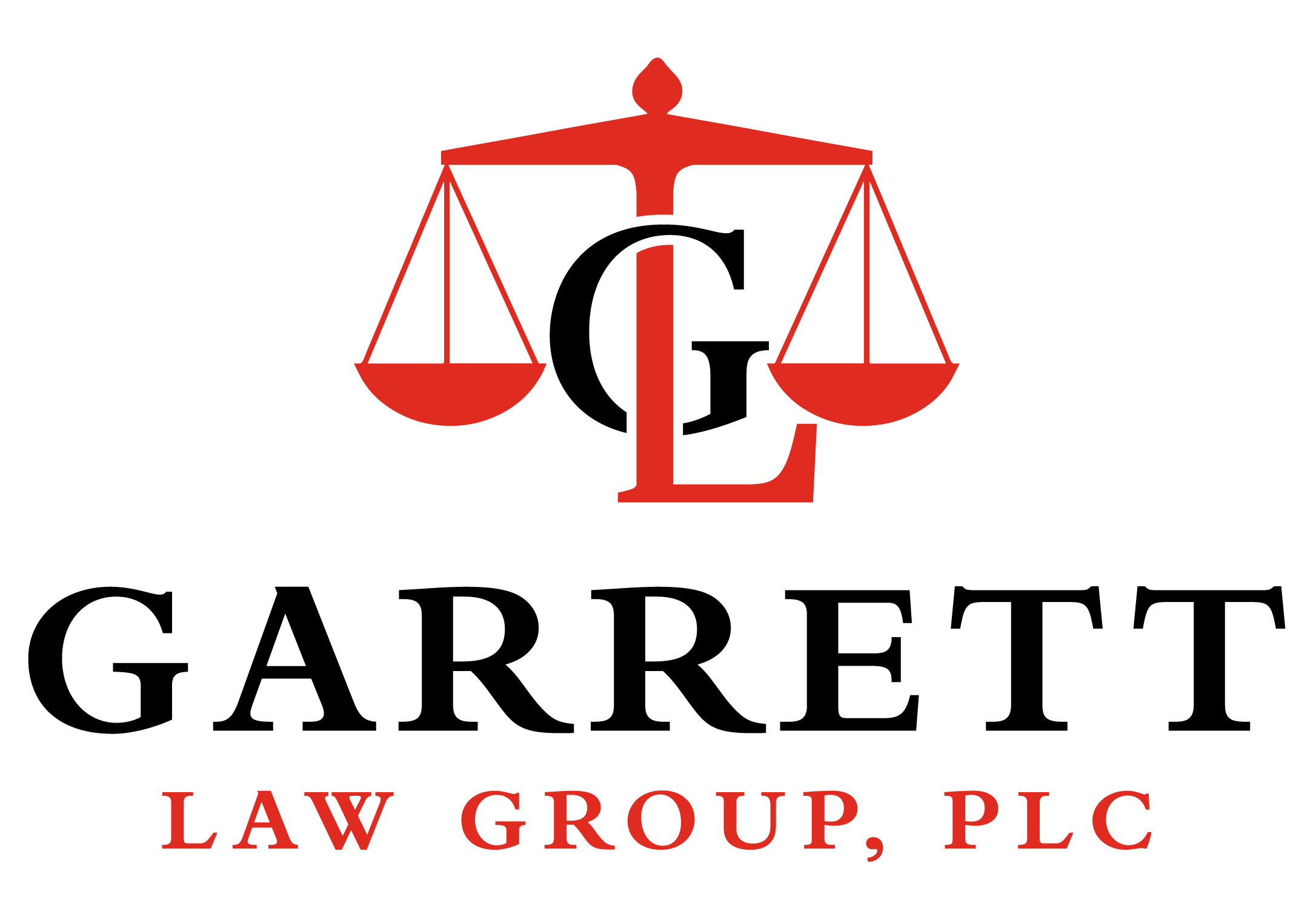Norfolk Annulment Attorney
What is An Annulment?
An annulment is a court ruling which states, in effect, a marriage never existed. As opposed to a divorce, there is no fault required on the part of either party as the basis for an annulment. An annulment is based on a particular defect or condition that existed at the time of the marriage which makes the mariage “voidable” or “void”. Virginia law is very limited in what defects or conditions will support an annulment.
What is The Difference Between An Annulment And a Divorce?
As mentioned above, an annulment is court ruling which states simply, “you are no longer married, and you never were married”; for a divorce, the court ruling states, “you are no longer married, but at one time you were married”. At the end of both processes, you are no longer married. The distinction between the two is that an annulment effectively erases the marriage altogether. This may have drastic consequences to the parties since under an annulment, the court may not determine certain items, such as marital property distribution, distribution of retirement benefits, or spousal support. These issues are reserved to divorce matters only. Annulments will not cover issues concerning child custody or child support either. Those matters must be resolved separately by the parties in juvenile & domestic relations court.
Void or Voidable?
To file for an annulment, a party must state a particular, legally recognized defect or circumstance that renders a marriage either “voidable” or “void”. Marriages that are voidable are able to be cured if certain steps are taken by the parties, either knowingly or unknowingly. Marriages that are void, or void ab initio (void from the beginning) may not be cured under any circumstances.
Void marraiges are those which are illegal or immoral, to some degree. Under Virginia law, marriages which are bigamous or polygamous and those which are considered incestuous, where the parties are too closely related by blood or marriage, are void ab initio. Under no circumstances may either of these conditions be cured. Even in a situation where one party may mistakenly have thought they were legally divorced from a prior spouse when they entered the current marriage, they may not now get a divorce decree entered for that prior marriage to make the second marriage legal.
Voidable marriages, on the other hand, may be cured by the parties. If the parties mutually accept the potential defect, and choose to remain married, that is their prerogative. Annulments may be granted for a voidable marriage under the following circumstances:
- fraud or duress;
- mental incapacity or infirmity;
- the physical impotence of a party;
- marriages where the wife did not know that her husband had fathered a child born to another woman within 10 months after the marriage;
- marriages where the husband did not know at the time of the marriage that his wife was pregnant with the child of another man;
- marriages where either party did not know at the time of the marriage that the other party had been convicted of a felony or had been a prostitute; and
- marriages solemnized on or after July 1, 2016 when either party was under the age of 18 and not emancipated.
It is important to know that any marraige that is voidable is only elgible for annulment within two years of the marriage, and once a party has been informed of the basis giving rise to a voidable marriage, they may not thereafter cohabitate with their spouse else they waive the right to file for the annulment.
Is My Marriage Legal?
Virginia law requires only two conditions for a legal marriage. The parties must apply for and receive a marriage license, which is usually obtained from the circuit court clerk’s office, and the marriage must be solomnized by a person authorized to perform the ceremony, typically a clergyman or civil justice of the peace. It is extremely important to follow the proper procedure of obtaining a marriage license BEFORE holding the solemnization ceremony. Sometimes a couple may hold a solemnization ceremony for friends and family before obtaining a license. For the marriage to be legal, however, the parties must then perform a second ceremony after obtaining the license, and that second date would be the legal date of the marriage.
Contact Our Norfolk Divorce Attorney
If you have questions about your marriage to determine if you may be eligible for an annulment, contact our office today to discuss your legal options.
Reach us by phone (757) 422-4646 or click here to contact us. We are here to help.
